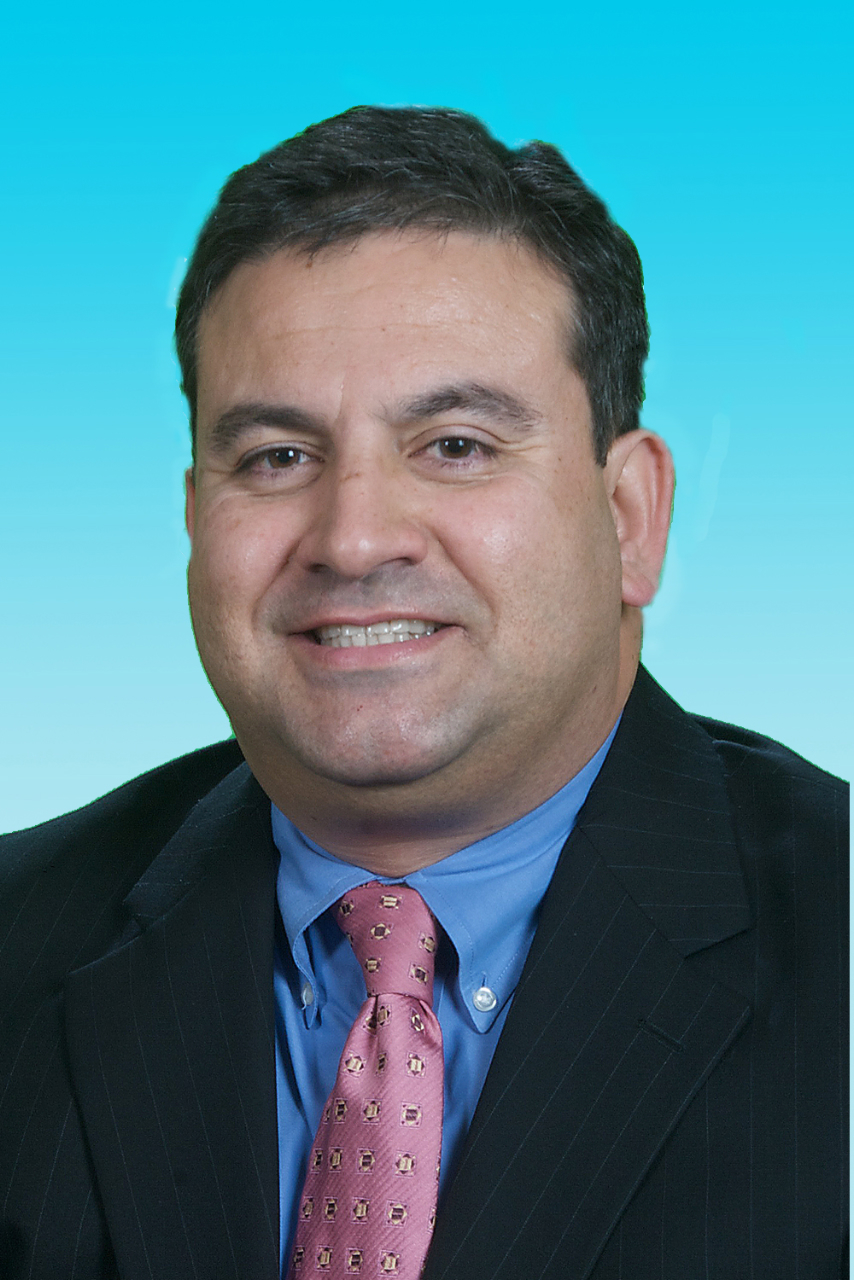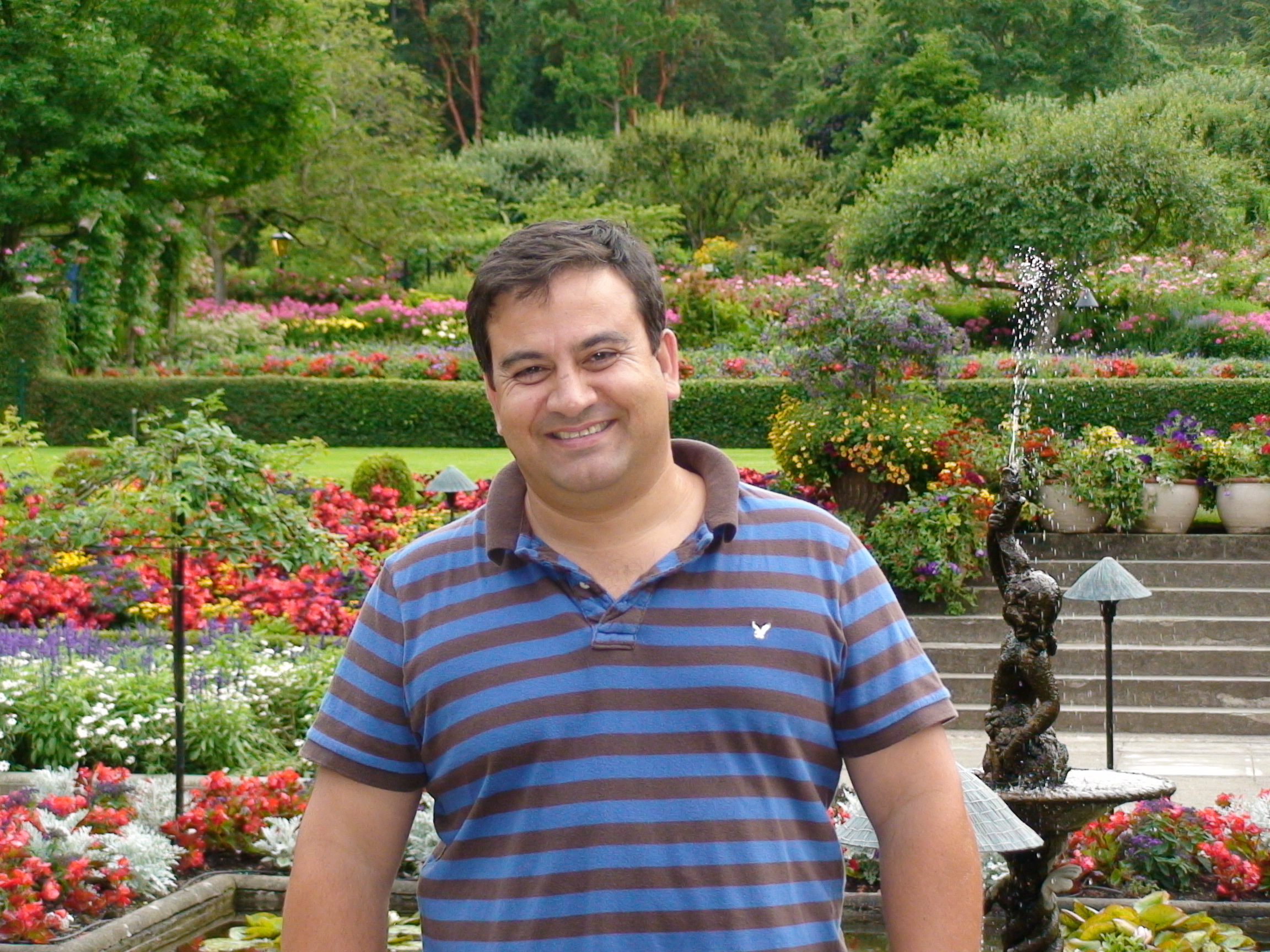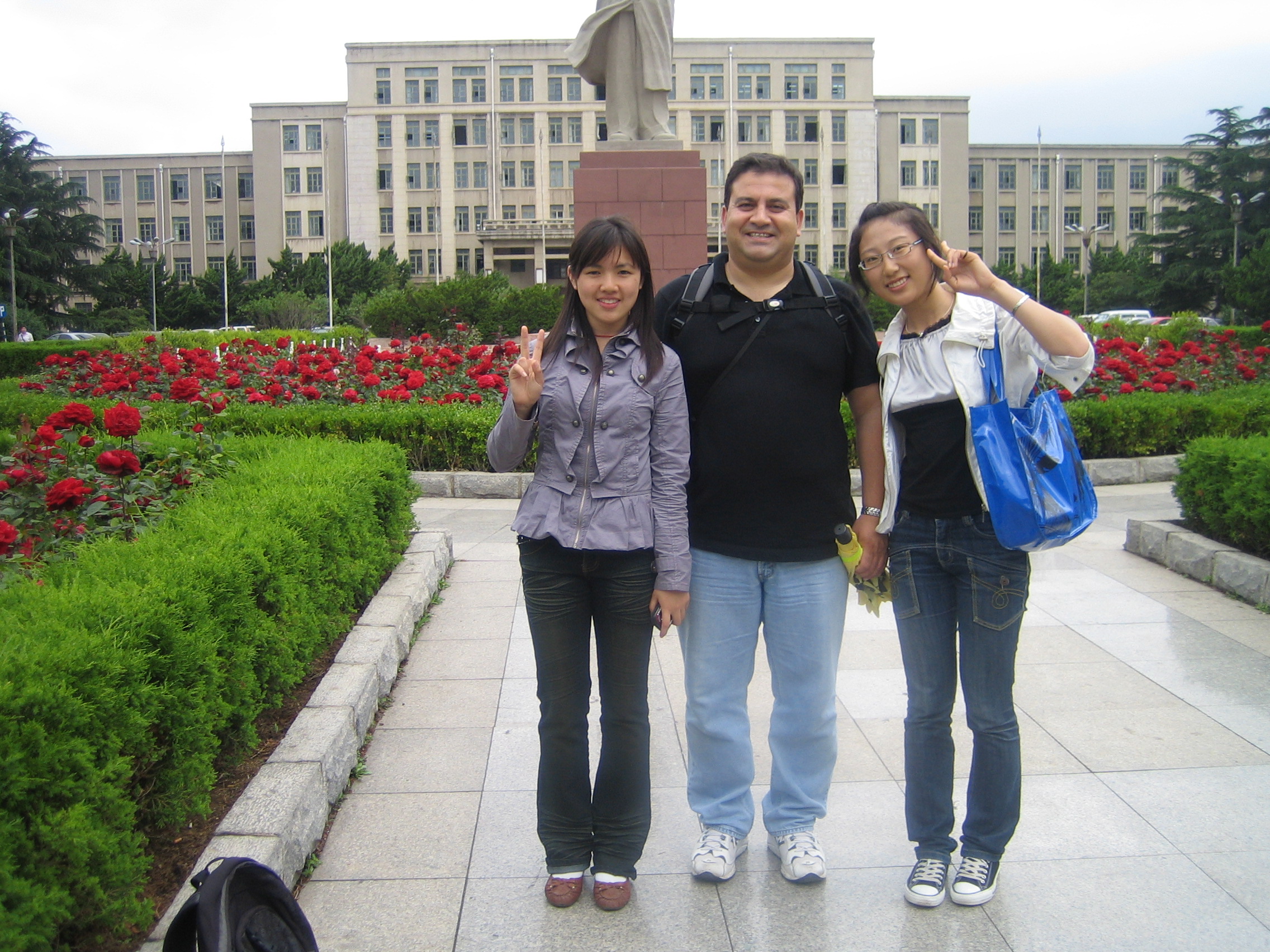AUPHA: What is your education background and why did you choose the area(s) of study that you did?
 Sinay: I have earned several degrees over the years. My first degree was a Bachelor of Science in management engineering followed by a Master’s degree in the same discipline in the 1980s. Then I crossed the Atlantic to earn an advanced degree in organizational management and organizational theory like my government scholarship required, but I liked finance and economics more so. I attended St. Louis University and earned a MS degree in finance in 1989 followed by a PhD in economics in 1994. In my early 20s, I was planning to take my place in upper management in the corporate world but later my plans were somewhat altered due to coming to America. While I was studying economics, I decided to get into the health care field because I believed at that time health care industry needed a lot of help. As a management engineer, it was my thinking that health care organizations could use someone like me.
Sinay: I have earned several degrees over the years. My first degree was a Bachelor of Science in management engineering followed by a Master’s degree in the same discipline in the 1980s. Then I crossed the Atlantic to earn an advanced degree in organizational management and organizational theory like my government scholarship required, but I liked finance and economics more so. I attended St. Louis University and earned a MS degree in finance in 1989 followed by a PhD in economics in 1994. In my early 20s, I was planning to take my place in upper management in the corporate world but later my plans were somewhat altered due to coming to America. While I was studying economics, I decided to get into the health care field because I believed at that time health care industry needed a lot of help. As a management engineer, it was my thinking that health care organizations could use someone like me.
AUPHA: Tell us about the jobs you held before you got into academe.
Sinay: As I indicated earlier, until the age of 24, I was groomed to take my place in the corporate world and interned twice in industrial engineering department at corporate headquarters of a glass conglomerate in Istanbul, Turkey followed by a two year employment as research and development /energy conservation engineer in the same organization. In the US, I first held jobs as a cook and as a gym attendant, and did some consulting work with a research firm and small clinic while pursuing my graduate studies.
AUPHA: Where have you held faculty appointments during your career?
Sinay: I was a visiting professor at St Louis University for one year following my graduation from the PhD Program, and held part time jobs at Maryville University and Meramec Community College before I landed on my first job as an Assistant Professor at University of Scranton in 1996, located in the Northeastern Pennsylvania. I developed my finance, economics, research and rural health courses (never offered) during my tenure at Scranton, and I very much enjoyed the area before my wife and I decided to move back to the Midwest. I took a job as an Associate Professor at Des Moines University Osteopathic Medical Center in Des Moines, IA in 1999. I also served as Associate Director of Division of Public Health and Health Care Administration there. It was a different environment, somewhat unique, working with doctors, nurses, other health care providers on a daily basis. I continued to teach similar courses and started to apply for grants and contracts. I learned a lot about osteopathic medicine and, most importantly, I developed an in- depth understanding of the health care administration field during this time because I served as a fellow at Accrediting Commission on Education for Health Services Administration (ACEHSA; currently CAHME) and visited several well-respected graduate programs like the University of Minnesota, Cornell, Union College, and the University of Memphis. I stayed at Des Moines University for four years before I landed on my current job at California State University Long Beach as a Program Director of Health Care Administration. My predecessor, Dr. Hal Hunter, was going on sabbatical in 2003, later he decided to retire and hired me to take over undergraduate and graduate programs at Cal State Long Beach.
AUPHA: What is your current position and what made you choose the program you are currently appointed to?
 Sinay: My current position is the Chair of Health Care Administration Department and Acting Chair of Department of Health Science at California State University Long Beach. Quite frankly, I believe finding a dream job is not as easy as one would think. First, it is not an exact science because so many factors (and stars) need to line up for someone to find that perfect job. I tried twice before I found my ideal job in California. People asked me why Cal State Long Beach? I always gave them five good reasons: November, December, January, February and March!
Sinay: My current position is the Chair of Health Care Administration Department and Acting Chair of Department of Health Science at California State University Long Beach. Quite frankly, I believe finding a dream job is not as easy as one would think. First, it is not an exact science because so many factors (and stars) need to line up for someone to find that perfect job. I tried twice before I found my ideal job in California. People asked me why Cal State Long Beach? I always gave them five good reasons: November, December, January, February and March!
All kidding aside, my main reason to choose Cal State Long Beach was to work in a department where I could put my expertise and skills to work. I also liked the diverse student body at the University and hoped to make a difference in the lives of students, especially first generation college students. Of course I must admit that a large metropolitan area like Los Angeles provides many opportunities for a new faculty member to be productive and be active in the community, understand the needs of health care organizations and students, and develop valuable relationships with these parties.
AUPHA: Tell us what is unique about your program, faculty, and students.
 Sinay: The Department of Health Care Administration at California State University Long Beach houses Bachelor and Master’s degree programs along with a joint Master’s degree program with School of Nursing. We also have a very successful Executive Master’s degree program (called Accelerated Program). Just recently I have been asked to serve as an Acting Chair for the Department of Health Science so I need to be fair to my new department and talk about the programs of Health Science Department. These are: Bachelor degree program in health science with three options-community health education, school health education and health care-and a Master’s degree program in health science along with Master’s of Public Health (MPH). There is also joint MPH/MSN degree program with School of Nursing.
Sinay: The Department of Health Care Administration at California State University Long Beach houses Bachelor and Master’s degree programs along with a joint Master’s degree program with School of Nursing. We also have a very successful Executive Master’s degree program (called Accelerated Program). Just recently I have been asked to serve as an Acting Chair for the Department of Health Science so I need to be fair to my new department and talk about the programs of Health Science Department. These are: Bachelor degree program in health science with three options-community health education, school health education and health care-and a Master’s degree program in health science along with Master’s of Public Health (MPH). There is also joint MPH/MSN degree program with School of Nursing.
Three unique features of our programs in both departments are: (1) diverse student body including the first generation college students in their families, (2) very dedicated faculty-core and part time who teach at this Institution because they like to give back; not because the compensation is so great, and (3) scholar-practitioner model which produces well-needed graduates for entry level jobs at the undergraduate level and mostly mid-level managers at the graduate level. The city of Long Beach is the most diverse city in the US where a large Hispanic, Asian and African American population resides. The largest Cambodian population outside of Cambodia lives in Long Beach along with a sizeable Filipino and Chinese population. Our core and part time faculty are simply dedicated and perhaps somewhat overworked in a public school environment where, as you all know, resources are shrinking and student demands are growing. Last but not least, our scholar-practitioner model emphasizes strong practical experience in addition to rigorous didactic instruction in the classrooms. Undergraduate students have to complete two Internship courses in addition to instruction they receive from practitioners in class and guest lecturers. At the graduate level, this practical experience is more tilted towards classroom practical experience although students still have to go through a rigorous thesis experience.
AUPHA: What is the greatest challenge you face in your role at your current program?
Sinay: Nowadays everyday is a challenge due to declining resources and increasing demand for higher education. It is a challenge to find an open seat for students in classes; it is challenge to open new sections for high demand courses; and it is a challenge to find part time faculty members to teach newly opened courses with short notice in the undergraduate program.
Just to answer your question, the greatest challenge I faced at CSULB was to navigate my department and control my true emotions during the time our previous Dean wanted to merge our program/department with another department in the College. First I was not very enthusiastic about the idea of merging with a larger department because generally the larger department controls the new unit after the merger and decisions are tilted in favor of the larger department. The Dean insisted that this merger had to take place for a variety of reasons. Later, I warmed up to the idea that the merger would improve the efficiency of both departments and I was ready to go along with the decision (merger and acquisitions was my dissertation topic); however, the merger never took place and the Dean decided to give additional resources to my program so that the HCA would become a Department.
AUPHA: What do you consider your greatest accomplishment during your tenure at your current program?
Sinay: My greatest accomplishment in my current position is to create a collegial environment for faculty and staff to work for the same common good; the growth of the department by working together and by improving the quality of education to train individuals. When I arrived in the Health Care Administration Program in 2003, our student enrollment was lingering around 90-100FTE students. Now, the HCA Department is a powerhouse in the College where our enrollment each semester goes over 350 FTE students. In addition, a very successful Accelerated Master’s degree program was launched in 2004, which is ranked in the top 25 every year, and six years of CAHME accreditation was received after the last site visit, which is maximum.
AUPHA: What keeps you in this field, despite the challenges you mentioned above.
Sinay: First, when you spent about 15-20 years in a job/field, it is not easy to change your profession and make a transition to something different. Second, there is a reason for most of us to do what we do; teaching is a noble job. Educating younger generations and sharing our knowledge and experience with students is a priceless experience for students and faculty. Faculty (and program directors and chairs) live for those moments when former students had great accomplishments and give credit to their professors and mentors for their success.
AUPHA: If making a living/money were not a consideration, what would you be doing instead or what would you do in retirement?
 Sinay: If I were not in academia, I would probably be in an industry where I would be trying to make a difference. I really enjoy trying to make things better and improve the way we do things. My undergraduate professors (don’t mean to undervalue my professors in graduate programs) have had substantial influences on me the way I think. My early experience in glass industry and learning how a large organization functions has been an important asset in my background and helped me understand different systems in different industries like health care as well. If I were not in academia, I would probably be in the health care industry trying to improve the way we deliver health care.
Sinay: If I were not in academia, I would probably be in an industry where I would be trying to make a difference. I really enjoy trying to make things better and improve the way we do things. My undergraduate professors (don’t mean to undervalue my professors in graduate programs) have had substantial influences on me the way I think. My early experience in glass industry and learning how a large organization functions has been an important asset in my background and helped me understand different systems in different industries like health care as well. If I were not in academia, I would probably be in the health care industry trying to improve the way we deliver health care.
I will be honest with you I do not think about my retirement except for financial means that I have to have and a place(s) that I would like to live in my retirement years. I always worked in my life and I am planning to do so as long as my physical and mental health is intact. If I had to speculate, I would be travelling and perhaps do some work in countries and/or regions of the world where the need is inevitable from someone like me.
I thank you for the opportunity. This is truly a humbling experience.
Tony Sinay